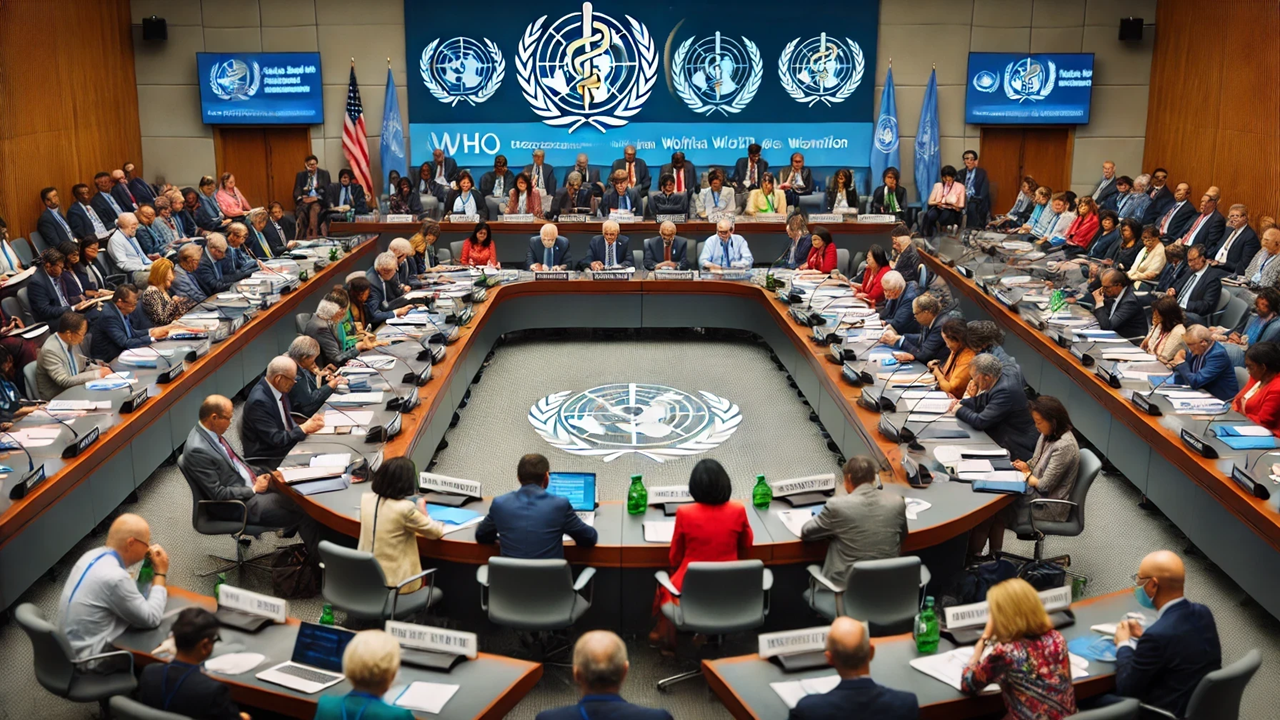In an unprecedented demonstration of unity, 14 African countries, along with numerous global partners, have pledged over $45 million to the World Health Organization’s (WHO) Investment Round. This initiative, launched three months ago, aims to secure sustainable financing for the WHO, which plays a central role in global health governance. The commitments were made during the WHO Regional Committee for Africa, where heads of state and government from across the continent emphasized the importance of investing in global health and strengthening the WHO’s capacity.
Dr. Tedros Adhanom Ghebreyesus, WHO Director-General, expressed gratitude towards the African nations for their proactive support. “Full, sustainable funding will enable WHO to support countries better in their work to build healthier, more resilient, and more prosperous populations,” he stated.
The historic event brought together countries including Botswana, Cabo Verde, Chad, Congo, Ethiopia, Gambia, Mauritius, Namibia, Niger, Rwanda, Senegal, Seychelles, South Africa, and Tanzania. Partners such as the Helmsley Charitable Trust, World Diabetes Foundation, Roche, and the Bill & Melinda Gates Foundation also committed to supporting the WHO, with additional pledges expected later in the year.
Dr. Matshidiso Moeti, WHO Regional Director for Africa, highlighted the significance of this funding. “A strong, predictable, and sustainably financed WHO is essential for our region and the world to meet the multiple health threats we face,” she said.
The WHO Investment Round, launched at the World Health Assembly in May 2024, seeks contributions that are flexible, predictably provided, and resilient, ensuring alignment with WHO’s strategic goals over the next four years. Key pledging events will continue globally in the coming months to bolster support.
Call for Repeal of Repressive Law in Afghanistan
Meanwhile, UN High Commissioner for Human Rights Volker Türk has called for the immediate repeal of Afghanistan's new "Promotion of Virtue and Prevention of Vice" law. The law, recently adopted by Afghanistan's de facto authorities, severely restricts women's rights, erasing their presence in public life and stripping them of individual autonomy. The law mandates women to fully cover their bodies, bans them from traveling without a male relative, and prohibits their voices from being heard in public.
Türk condemned the law as intolerable and a blatant violation of Afghanistan’s obligations under international human rights law. He urged the authorities to repeal the legislation, warning that it would exacerbate the country's already dire human rights and humanitarian crisis.











